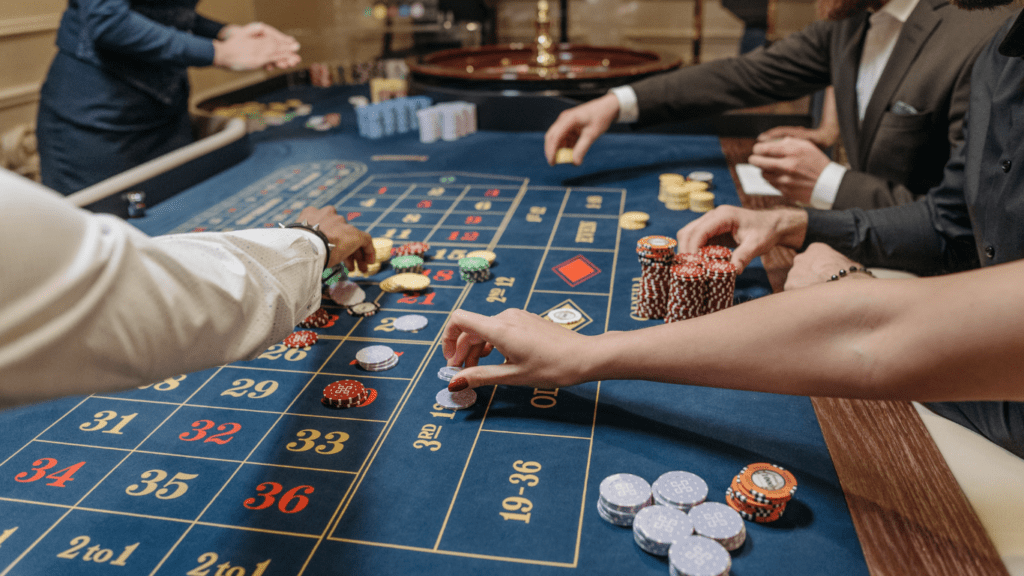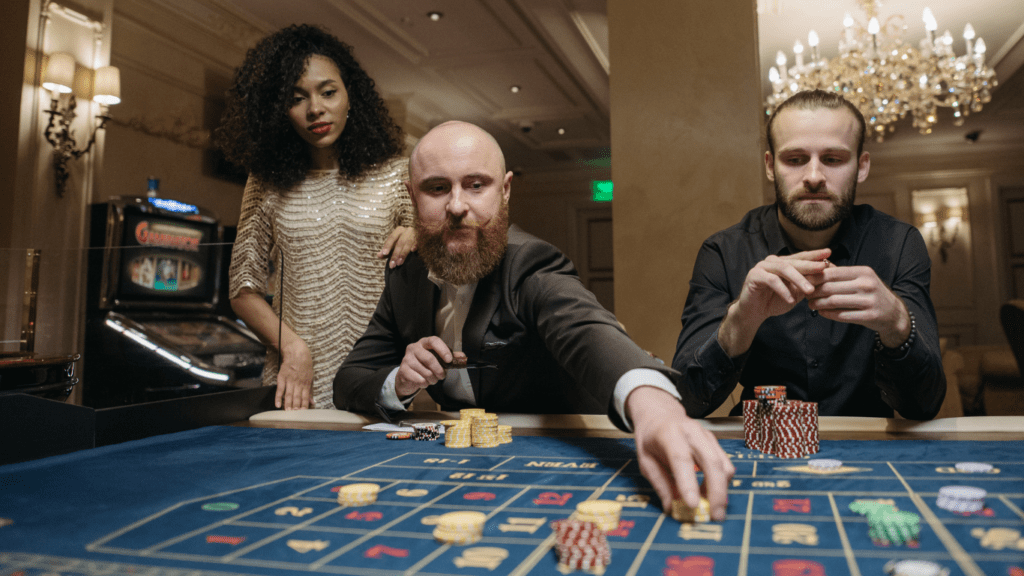Understanding Common Myths in Gaming
Gaming is often shrouded in misconceptions. I aim to unravel these myths and provide clarity on how they affect gameplay.
Myth 1: Luck is the Only Factor
Luck undeniably plays a role in many games. However, strategic planning, decision-making, and skill significantly influence outcomes. In poker, experienced players consistently outperform novices by leveraging probability and psychology, not just luck.
Myth 2: Practice Makes Perfect
While regular practice enhances skills, it’s the quality of practice that truly matters. Focusing on understanding game mechanics and analyzing past games leads to meaningful improvement. For example, chess players who review their matches and learn from mistakes become stronger competitors faster.
Myth 3: High Stakes Equal High Rewards
Higher stakes create bigger risks, not guaranteed higher rewards. Successful gamers weigh risks and manage resources judiciously. In blackjack, players who employ betting strategies like card counting increase their odds, but reckless high-stakes bets without strategy often result in losses.
Strategies for Playing Smarter

Playing smarter requires adopting strategic practices that enhance decision-making for better outcomes. Several key strategies can boost gameplay effectiveness.
Analyzing Your Opponent
- Understanding an opponent’s behavior and tendencies provides a strategic advantage.
- By observing betting patterns and timing, I can predict moves in games like poker.
- Recognizing these patterns helps exploit weaknesses, leading to more effective decision-making and increased chances of winning.
Effective Money Management
- Long-term success in gaming involves managing finances wisely.
- I set strict budgets before engaging in play to avoid financial pitfalls.
- Tracking wins and losses assists me in maintaining perspective and ensuring sustained participation without risking too much capital.
- This disciplined approach enhances overall performance.
Adapting to New Situations
- Flexibility is crucial in unpredictable gaming scenarios.
- When faced with unexpected developments, I adjust strategies quickly to maintain competitiveness.
- By being open to altering my plan based on opponent behavior or game development, I maximize my resilience and deepen my adaptability in varied contexts.
Tools and Resources for Improvement
Improving gameplay involves using various tools and resources to enhance skills and strategies. By leveraging technology and community insights, players can gain a competitive edge.
Game Analytics Software
Game analytics software analyzes in-game performance and delivers insights into player behavior. It identifies patterns and trends, helping players:
- refine strategies
- optimize decision-making
- enhance performance
For example, tools like Overwolf provide real-time data analytics to boost player awareness and efficiency.
Online Courses and Tutorials
Online platforms offer courses and tutorials that cover game-specific strategies and techniques. These resources provide structured learning materials that improve understanding of complex game mechanics. Websites like Udemy and Coursera offer courses designed by industry experts, facilitating deeper knowledge and skill development.
Community Forums and Networks
Community forums and networks serve as collaborative hubs for players to share experiences and strategies. Engaging with these communities fosters knowledge exchange and collective problem-solving. Platforms like Reddit and Discord connect players with diverse insights, offering support and the latest game developments.
Real-Life Success Stories
Exploring real-life success stories reveals how players can defy the odds and enhance their gameplay through strategic efforts.
Players Who Overcame the Odds
Some players have achieved remarkable victories by challenging conventional wisdom. In poker, Chris Moneymaker, an accountant, entered a 2003 World Series with no professional experience. With calculated risks and strategic bluffs, he triumphed and ignited the poker boom.
Similarly, Annette Obrestad, a Norwegian poker phenom, famously won a tournament without looking at her cards, relying on reading opponents and betting patterns. These stories illustrate that skill, not luck, can tilt the odds in one’s favor.
Lessons Learned from Professional Gamers
Professional gamers offer valuable insights into strategic mastery. Daniel Negreanu, a renowned poker player, emphasizes the importance of reading opponents and adaptability, traits that have contributed to his six World Series wins.
Meanwhile, the legendary blackjack player, Edward Thorp, pioneered card counting with mathematical precision, proving that calculated strategies can yield consistent results.
These professionals demonstrate that continuous learning and strategic analysis elevate gameplay, providing a blueprint for other players seeking success.



 _____
Bruce Myron – Content Specialist & Myth Buster
Bruce Myron is the storyteller at Play Gambler Cash, specializing in debunking gambling myths and providing clear, accessible insights for the community. With a knack for simplifying complex topics, Bruce ensures that players are equipped with the right knowledge to avoid common pitfalls and maximize their enjoyment.
_____
Bruce Myron – Content Specialist & Myth Buster
Bruce Myron is the storyteller at Play Gambler Cash, specializing in debunking gambling myths and providing clear, accessible insights for the community. With a knack for simplifying complex topics, Bruce ensures that players are equipped with the right knowledge to avoid common pitfalls and maximize their enjoyment.